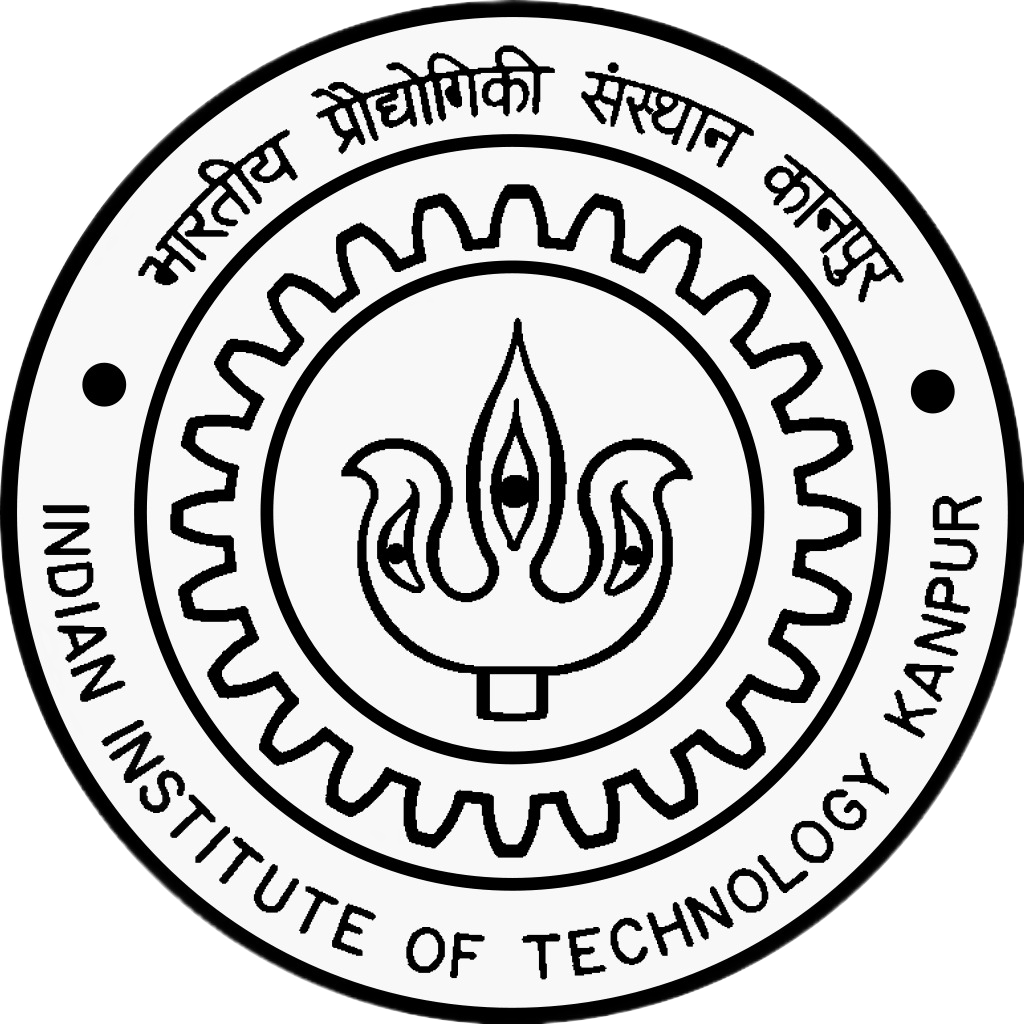
संयुक्त प्रवेश परीक्षा (उच्च) २०२५
Joint Entrance Examination (Advanced) 2025

भारतीय प्रौद्योगिकी संस्थान कानपुर
Indian Institute of Technology Kanpur
आयोजन संस्थान |
Organizing Institute